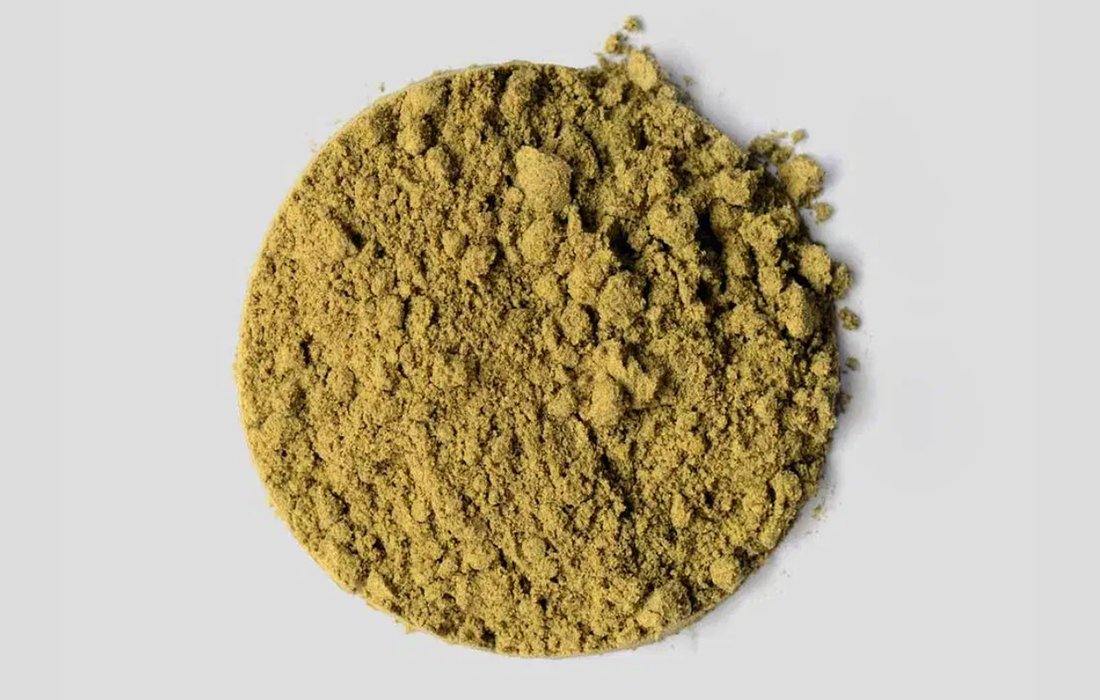Hey guys!
Welcome back to the first Friday Q&A for December!
I am loving all the questions that are coming in and am stoked to be able to answer these for everyone in our community. This week, I received 3 awesome questions from Alice, Denise and Greg.
- Alice wanted to know, “What's the difference between Hemp Protein and Hemp Flour?”
- Denise was curious, “Do the hemp seed oil capsules contain gluten?”
- Greg asked, “What are your thoughts on intermittent fasting?”
So, let's get into it!
The difference between Hemp Protein and Hemp Flour.
Great question! So, our Hemp Seed Protein Powder goes through additional processing to extract more protein from the hemp seed and you end up with a finer powder that has more protein and is easier to digest. Protein is really important for growth, recovery and energy (1) and can be easily added to your cereals, shakes or smoothies.
On the other hand, our Hemp Seed Flour is coarser and contains more fibre that is important for digestive health (2). You can use Hemp Flour by adding to other flours to make your favourite baked goods. Hemp Flour has the added benefits of vitamins, minerals, antioxidants and essential fatty acids which will really up your baking game!
Does the Hemp Seed Oil capsules contain gluten?
This is a question we get all the time! Certain people will avoid gluten if they are gluten intolerant or have an autoimmune condition called coeliac disease.
Our Hemp Seed Oil capsules don’t contain gluten so there is no need to sweat!
My thoughts on intermittent fasting.
You may have heard about intermittent fasting as one of the latest diet trends, but what exactly is it? Intermittent fasting is basically eating within a select time frame. Outside of the hours you could be considered as fasting.
There are many reports around how intermittent fasting can be beneficial for our health such as weight loss and longevity. Results in weight loss may be attributed to eating less as when you fast, insulin sensitivity may improve (the hormone responsible for sugar metabolism) that could reduce carbohydrate and sugar cravings resulting in eating less (3). When it comes to longevity this is still up for debate! (4).
However, a study conducted by the New England Journal of Medicine, reports that intermittent fasting may help to improve obesity, diabetes, heart disease, cancers and neurological disorders (5).
Just remember that a diet should be long term and sustainable!
References:
- https://academic.oup.com/ajcn/article-abstract/60/4/501/4731976
- https://onlinelibrary.wiley.com/doi/full/10.1111/j.1467-3010.2008.00705.x.
- https://diabetes.diabetesjournals.org/content/22/7/507.short
- https://www.sciencedirect.com/science/article/pii/S1550413113005032
- https://www.nejm.org/doi/full/10.1056/NEJMx190038







